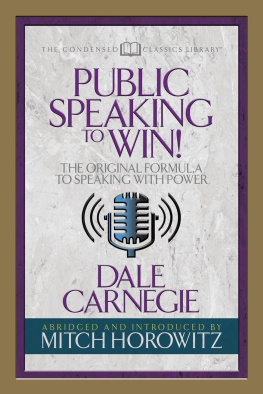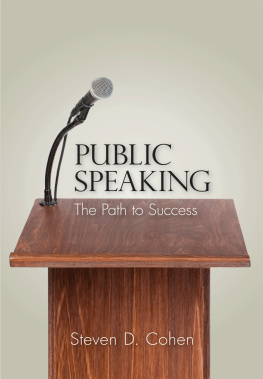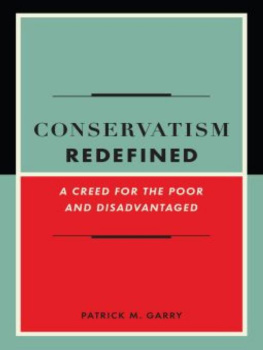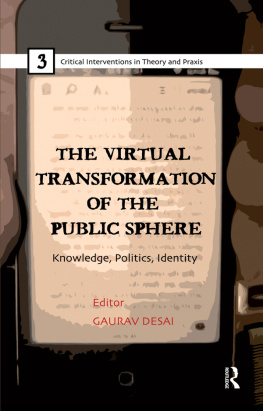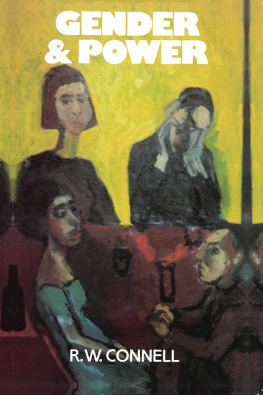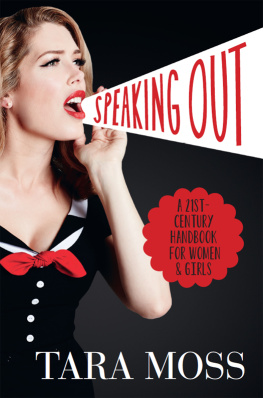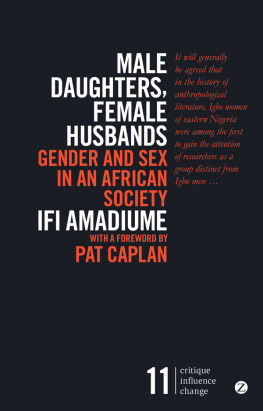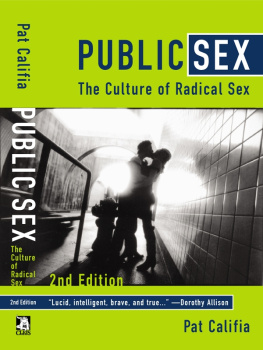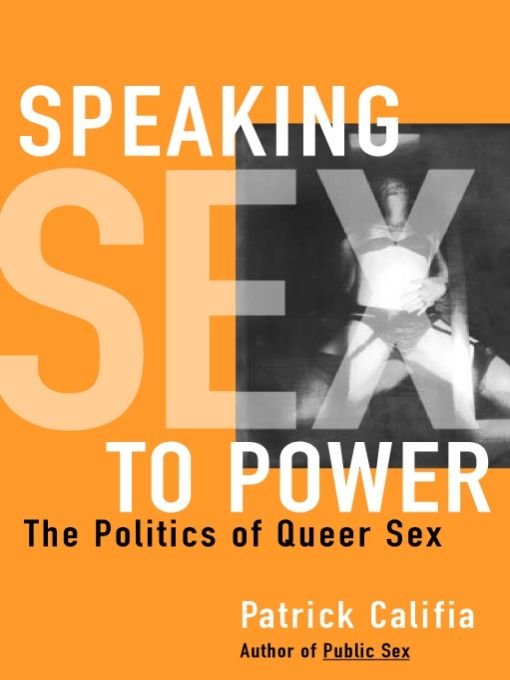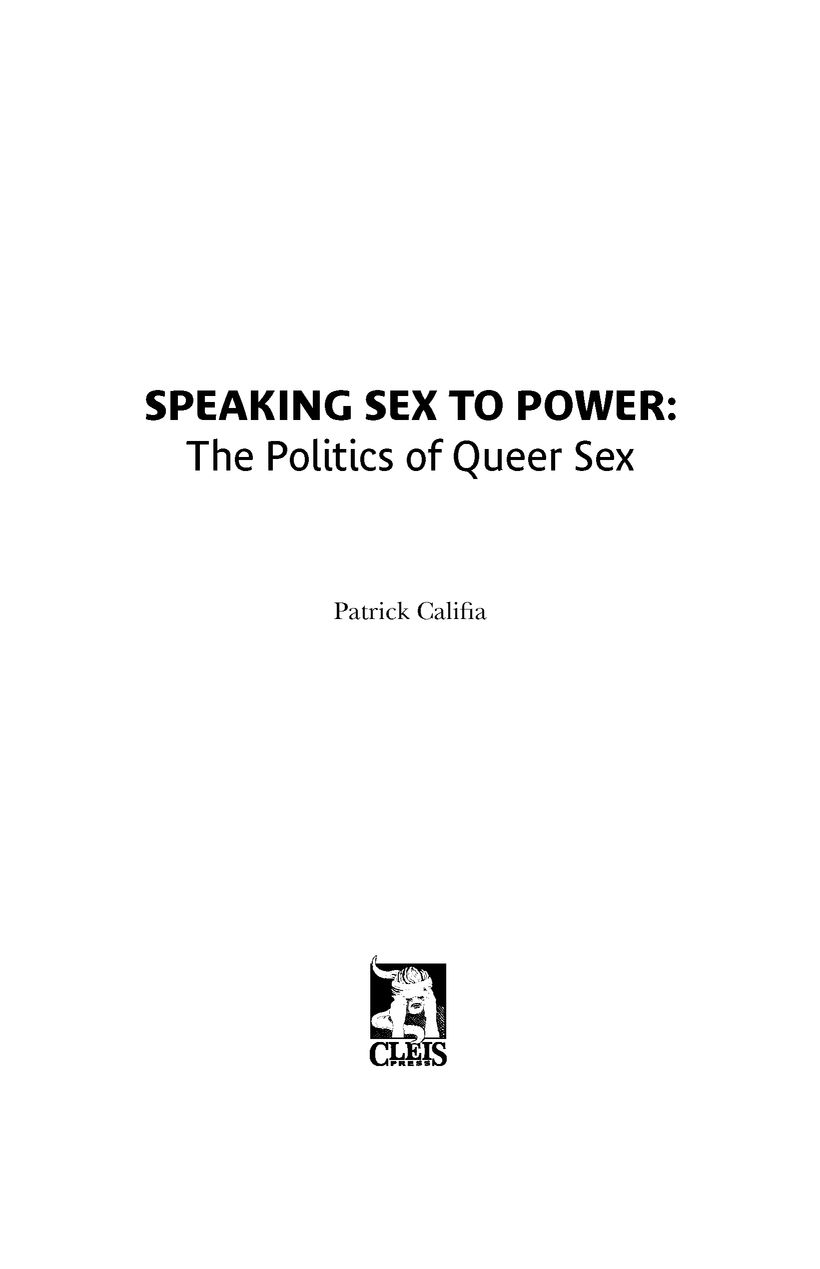Table of Contents
Acknowledgments
I want to thank some of the talented and savvy editors who have given me a place to spout off and helped me to hone my message. I had the privilege of working with several spirited editors at Out magazineElise Harris, Sally Chew, Lisa Kennedy, and the suave big daddy of them all, Tom Beers. Thanks are also due to Poz editors Ronilyn Pustil and Walter Armstrong; Unzipped editor Ron Scuglia; Village Voice editor Richard Goldstein; S.F. Frontiers editors Marcus Wonacott and Kathleen Wilkinson; Bob Wingate and Sean Van Sant of Bound and Gagged; Good Vibrations website editors Krissy Cababa, Thomas Roche, Cara Bruce, and Violet Blue; Tim Woodward and Tony Mitchell at Skin Two as well as Tristan Taormino, Joan Larkin, M. Christian, Simon Shepherd, Ian Philips, Matt Rice, Carol Queen, and Robert Lawrence.
Dedication
This book is dedicated to my son, Blake.
Like all parents I pray that the world
will become a safer and kinder place,
for the sake of his happiness
and my peace of mind.
Scylla, Id Like You to Meet My Friend, Charybdis: An Introduction
[2002]
The essays that appear here were published between 1994 and the present. Some of them, therefore, were written from a female perspective, though I was privately struggling with aspects of that role. The editors of Cleis Press and I had to decide whether to leave these pieces in their original voice or somehow try to edit everything to create an artificial sort of consistency. Putting this book together was a trying education in the limitations of identity politics. I dont know any other author who has, after a career spanning more than two decades, publicly changed their gender identity from female to male. I ought to be used to operating without any role models by now, but I often wish there were someone I could go to and ask, How can I make this work? and get a pat on the head and a There, there, it will all be okay. Dont give up yet.
Instead, I have to hope that this sort of affirmation will come from readers who are flexible, nimble, and curious enough to put up with incongruity. When a writers life is in upheaval, some aspects of their work are bound to be contradictory or confusing. I feel blessed by the people who buy my books. They form a sort of loosely organized community, network, or perhaps even a family that is not based on gender identity or sexual orientation. Membership requires a certain irreverent attitude toward the platitudes that govern most peoples daily lives as well as an irrepressible desire to question, rebel, and generate new answers to questions that most people dont want to have voiced aloud. We are sort of like Deadheads, only we are more likely to wear black than tie-dye, and our favorite bumper sticker is Mean People Rock, not a rainbow chorus line of truckin teddy bears. (Dont get me wrong, I love those skulls and roses.)
Even though I am currently calling myself Patrick Califia, a transgendered, bisexual person, I chose to leave the older, female gendered essays alone. I didnt begin to take testosterone until my late forties. Im envious of FTMs who found a way to transition shortly after their 18th birthdays, but I wouldnt give away the life I had being a wildwoman. I dont think its possible (or desirable) to erase the years I spent in the leatherdyke community and the sensibilities I acquired there. Fortunately for me, transsexual identity has undergone a metamorphosis, making it possible to be more honest about ones individual experience of gender, and create a label that is more accurate than the old chestnut of a man trapped in a womans body.
The current fashion in gay academia and social psychology is to interpret gender identity not as a natural or inevitable outpouring of ones true essence or core, but as a performance that can be understood only in the context of the shifting network of social interactions that imbue every aspect of our lives with a communally shared meaning. Under this theoretical paradigm, fluidity is understood as being more natural than a fixed or eternal verity. The social scientists dusty and cumbersome microscope has been thrown away and replaced by a kaleidoscope. Peoples values, needs, labels, self-perception, and roles shift according to many internal and external factors. These changes are not motivated by falsity; rather, they are an adaptive response to new information and changing circumstancessocial and psychological evolution.
Having seen several fashions in queer, feminist, and social-science verbiage come and go, I have no idea whether this tolerance for ambiguity and flux, even in something that would seem to be genetically or biologically fixed, will endure. What I do know is that the issues of sexual orientation and gender identity are far more complex than we can easily imagine or describe. Peoples ability to understand their own emotional and physical experiences and sensations is limited by what is safe to ask or know, what systems of interpretation they have received for screening that raw material, and whether they find it possible to connect with anyone who thinks differently about these matters.
It would be simplistic to say that we can only be what mainstream culture allows us to be. Many stigmatized subcultures and lone-wolf outlaws who eschew membership in any coherent group obviously exist. But it would be very difficult, perhaps impossible, to escape entirely from already established modes of being in the world. A wolf who has never been socialized by other wolves is incapable of bonding with a pack or mating with another wolf. Despite its genetic makeup, this inability to participate in the ecological niche and hierarchy-challenging andreinforcing sniffing, licking, and howling of its biological peers could be seen as invalidating its wolfhood. There is no word for what it has, in its isolation and deprivation, become. I fear being trapped in such a pristine dead-end, where no other canid cares to read my p-mail.
Humans are, if anything, even more social than wolves or chimpanzees, though we are more capable of expressing our ambivalence about one another. (Hell may be, as Sartre said, other people, but the frustrating and deplorable impositions of the Other are the fertile generative matrix of art and science as well.) If we had no one to pass on the meaning of their genitals, no one to show us where the path toward social acceptance diverges from the royal road to infamy, we might as well be neutered. It may be the plasticity of our nature, and the immense responsibility we all bear toward one another in creating a joint reality, that relegates so much of our internal processes to the unconscious. Freedom for some people means not having to be aware of making decisions of such great import for our children, mates, friends, and passing strangers on the street. So we all participate in something that seems unquestionable, established not by human will but dictated by hormones, genes, and instinct. I am talking of course about the system that divides us into black-and-white, polarized, binary categories and does not acknowledge any shades of gray, much less lavender, pink, or turquoise.
I wish it were that easy to declare my allegiance to one gender paradigm and to climb up on only one soapbox in the orators park of sexuality. If I could not be content as a woman or as a dyke (which is not exactly the same thing, in our world, as being a woman), why for Gods sake could I not be content to fill my closet with mens suits and ties and shoes, and go back out into the world as a man, and only a man? There are days when it seems to me that I am tortured by my own perversity and willfulness, that if I had the right sort of subtle knife, I could sever the carping parts of my soul that will not shut up and could quit setting off the security alarms of normal people. It feels to me as if no one else has to suffer stomach-churning angst about turning over their drivers license to a cop, who will become belligerent because my whiskers, square jaw, and low voice do not prepare him for the check mark in the F box. Does anyone else want to cry when they go from a shop in which they are addressed as Sir into a bank where the lady behind them in line tries to attract their attention by calling them Maam? Is there another FTM in the Western world who has refused to give away his dominatrix shoes, even though his feet have gotten one full size bigger and they no longer fit?


